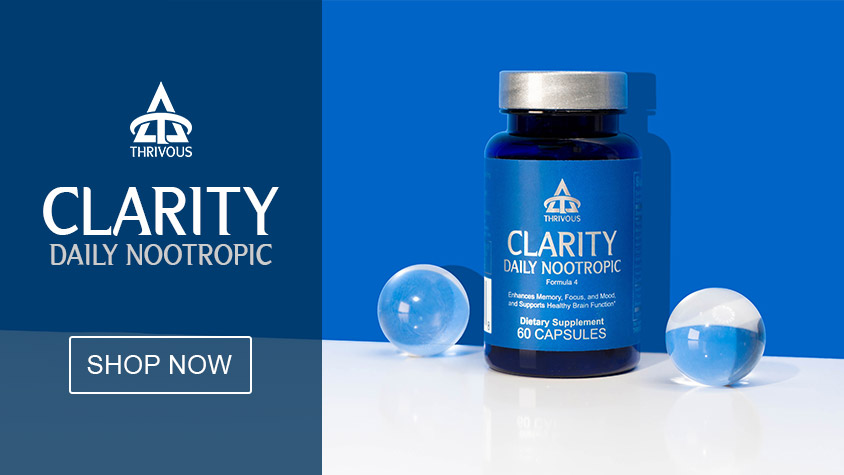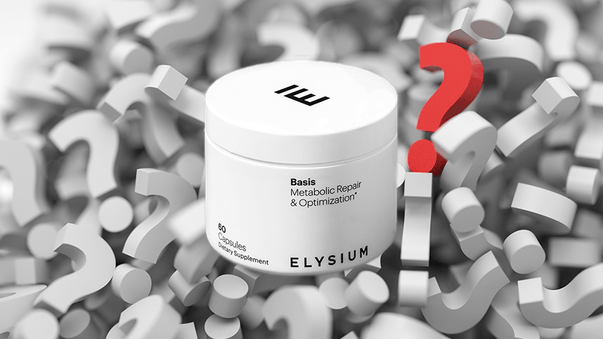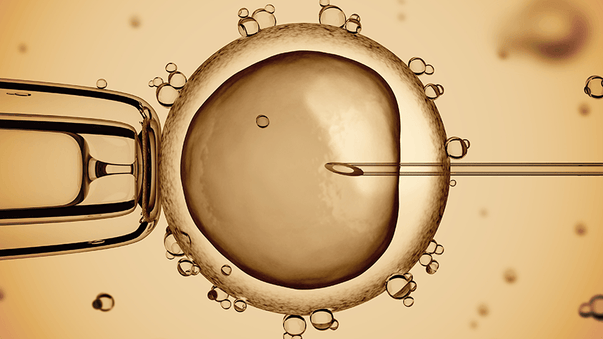How Zinc Affects Mood

Zinc is one of the most important essential minerals in the body. While foods like meat, oysters, and poultry are great sources of zinc, many people lack enough zinc in their diet. Grains and beans also contain zinc, but it tends to be less absorbable from these sources because they contain large amounts of phytates. Unlike some vitamins, the body doesn’t have the ability to store zinc, so we need to consume it on a regular basis.
There are over 300 known enzymes that rely on zinc for proper function, and zinc is crucial for our brain health and mood. The most substantial amounts of zinc found in the body are in the hippocampus – the part of our brain that controls mood and memory. According to current research, deficiencies in zinc can lead to things like depression, ADHD, learning difficulties, and aggression. Research has found that people suffering from depression have low zinc levels in serum. One study found that the more depressed a person is, the lower their zinc levels. Zinc has also been found to affect the immune system.
Zinc is thought to promote brain health and mood by working in the hippocampus to increase the nerve fertilizer BDNF, which helps adaptation, nerve recovery, and repair. A zinc deficiency can lead to a decrease in zinc in the nerve synapse, which can cause an increase in the NMDA receptors. An increase in these receptors can heighten the brain’s response to glutamate, and potentially produce toxic effects. At the same time, GABA and BDNF are decreased, and the glutamate level in the synapse is higher, causing calcium-mediated stimulation of the nerves – all leading to excitotoxicity. This mechanism is also thought to produce things like seizures, dementia, migraines, and depression.
Because dietary deficiencies are so prevalent across the board, zinc supplements like Thrivous Clarity Daily Nootropic might help promote better mood in people that aren't getting enough in the foods they eat. One study showed that zinc monotherapy improved mood in overweight patients, while another study showed that zinc supplements added to antidepressants was effective at improving mood. Women, in particular, may experience mood-boosting benefits with zinc supplementation. A recent Japanese study found that daily zinc supplements improved mood and reduced measures of anger in young women.
Studies show that supplementing with 7 mg to 30 mg of zinc a day is safe and effective at boosting mood, but taking more than these amounts is not recommended. Doses of 50 mg or more of zinc a day can affect copper metabolism, iron levels, and immune function, because of interactions between minerals in the body. Too much zinc also has the potential to decrease the effectiveness of antibiotics, if taken together. Always consult your doctor if you are experiencing mood changes or symptoms of depression.
More Articles
Read more articles at Thrivous, the human enhancement company. You can browse recent articles in Thrivous Views. See other Nootropics or Product Ingredient articles. Or check out an article below.
-
Elysium Basis Still May Not Be What You Hoped
Elysium Basis took the world by storm in 2015. Founders Leonard Guarente, Dan Alminana, and Eric Marcotulli appeared to be ...
-
World’s First CRISPR-Edited Babies
Chinese scientists at the Southern University of Science and Technology, in Shenzhen, have been recruiting couples in an effort to ...



